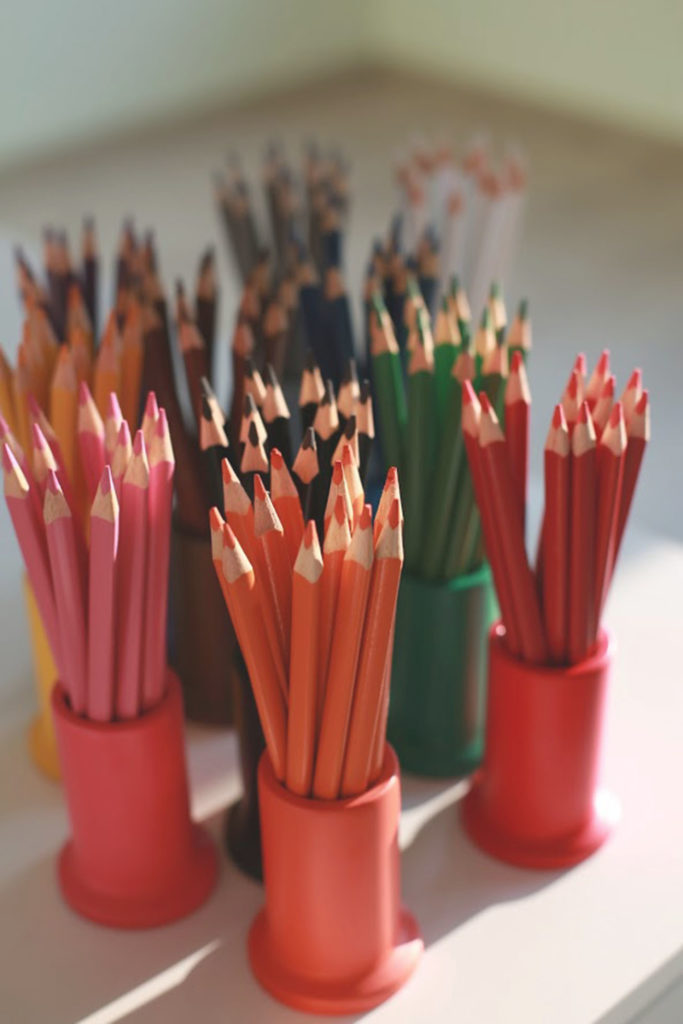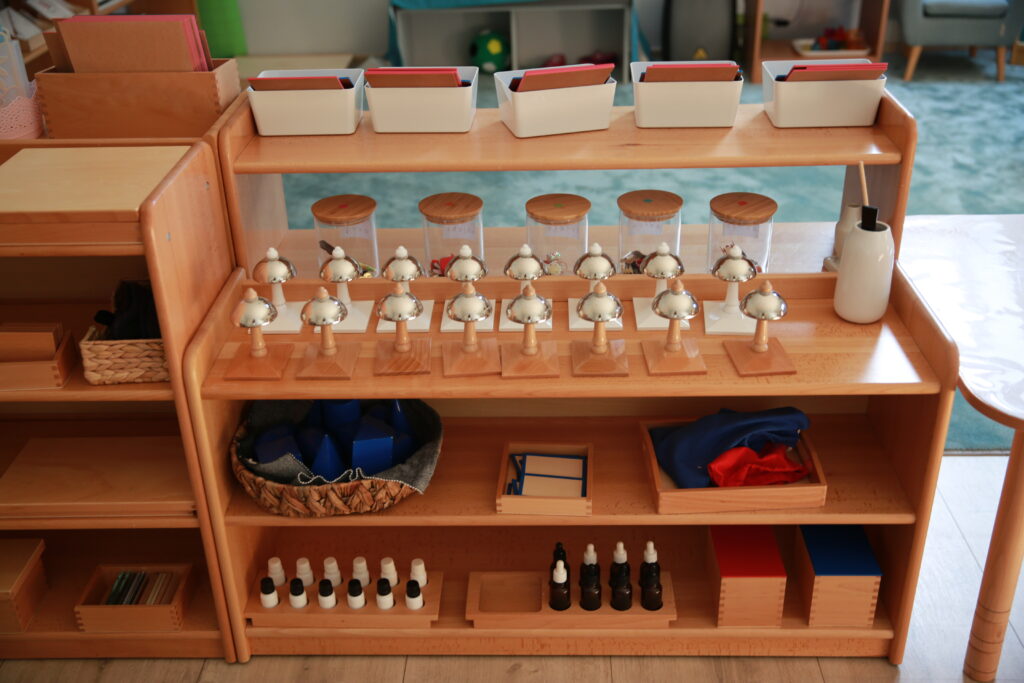MONTESSORI
Our philosophy

Maria Montessori
"The child who has felt a strong love for his surroundings and for all living creatures, who has discovered joy and enthusiasm in work, gives us reason to hope that humanity can develop in a new direction. "Our hope for peace in the future lies not in the formal knowledge the adult can pass on to the child, but in the normal development of the new man." — Dr. Maria Montessori
Maria Montessori (1870-1952) Italian doctor and creator of the Montessori method. In 1896, she was the first woman to graduate from the University of Rome in medicine, becoming the 16th female doctor throughout Italy. After graduation, Maria started working in a psychiatric clinic at the University of Rome.
Katarzyna Zwierzchowska, director of the International Montessori Education Center in Warsaw “Maria Montessori had an extraordinary gift of observation and drawing conclusions. Without the tools at its disposal, science developed a method 100 years ago that is now validated by modern neuroscience. And that's probably what its phenomenon is all about.
Montessori education
Appreciation and recognition method of upbringing and teaching healthy children and children with developmental deficits based on a very good knowledge of the child's development. Maria Montessori's pedagogy supports the spontaneous and creative development of the pupils' activities.
Child development thanks to Montessori pedagogy, takes place at every level: physical, spiritual, cultural and social. Children's spontaneous and creative activity is also supported.
Montessori pedagogy supports the shaping of individual personality traits and the formation of the correct character, acquiring knowledge, school abilities and willingness to cooperate.
Children especially those under the age of 6 have an innate path of development
Maria Montessori based on her own experienceon she believed that children who have a choice and can be spontaneous will strive for optimal development.
Everyone has certain innate tendencies
i.e. abstraction, activity, communication, precision, innovation, manipulation of the environment, rule, cleverness, repetition, self-improvement, work (or deliberate activity). The selection of an appropriate method of teaching enables a more effective development of the child at a very early age which prepares him for adult life.


Montessori material
The kindergarten classrooms are equipped with specialized Montessori material. Each classroom has its own set of materials belonging to the group (i.e. the kindergarten is provided with three sets of the same or similar materials). The main raw materials from which the teaching aids are made are wood, paper and natural fabrics. We try to keep plastic items to an absolute minimum. The most important task of the materials is "learning through play" - The child, while playing with them, learns and develops very specific skills - these are areas such as everyday life, maths, geography and language. These aids are items made carefully and with attention to detail - contact with them promotes the development of the child's aesthetic sense and sense of taste. At the beginning, the child receives tips and instructions from the teacher - how to use the material, then the child continues to work independently, without unnecessary interference from the teacher.
